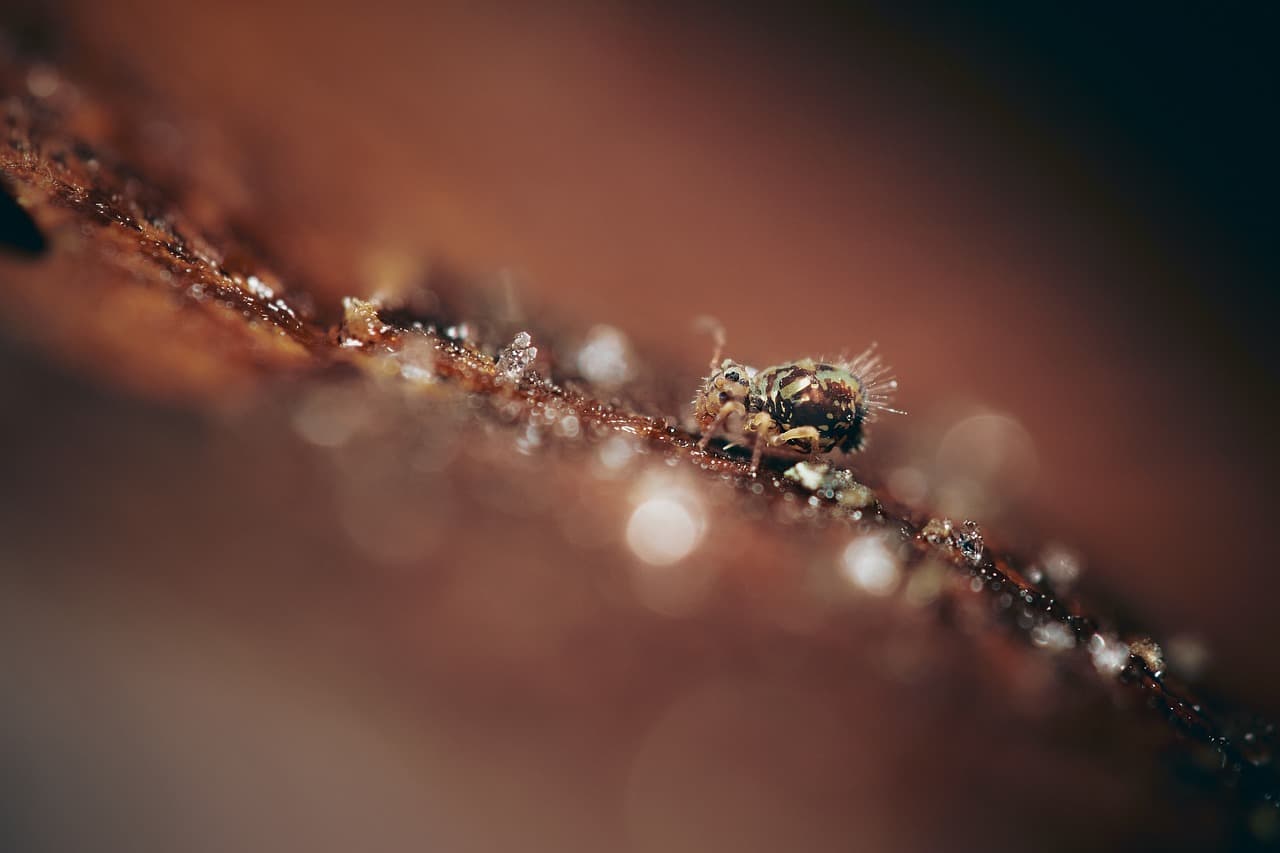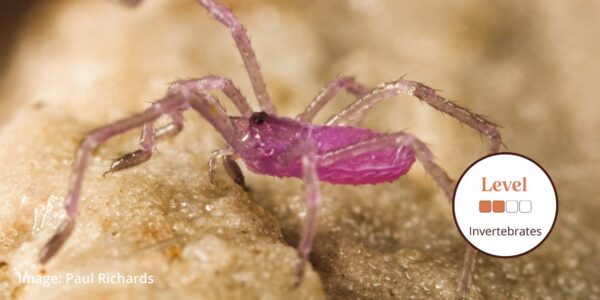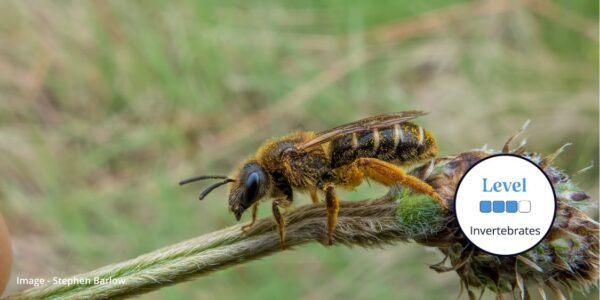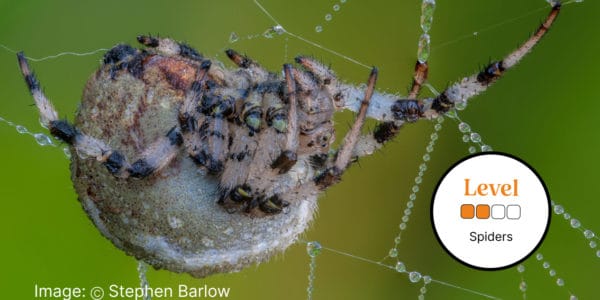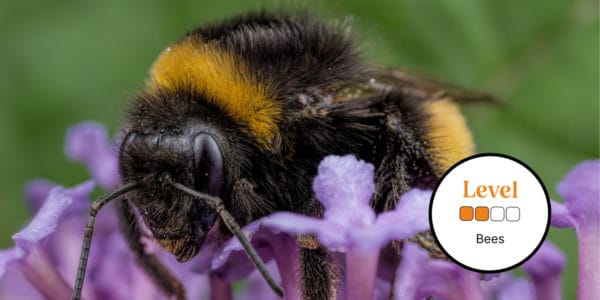This beginner course will introduce you to Collembola (springtails). You will get an introduction to their ecology, how and why they came into prominence, plus tips on springtail identification when using a hand lens.
This course will comprise of indoor and outdoor sessions identifying several species of these fascinating creatures out in the field.
This course will cover:
- An introduction to the Collembola (springtails)
- Springtail families and species hints and tips
- Identifying common species using hand lenses in the field
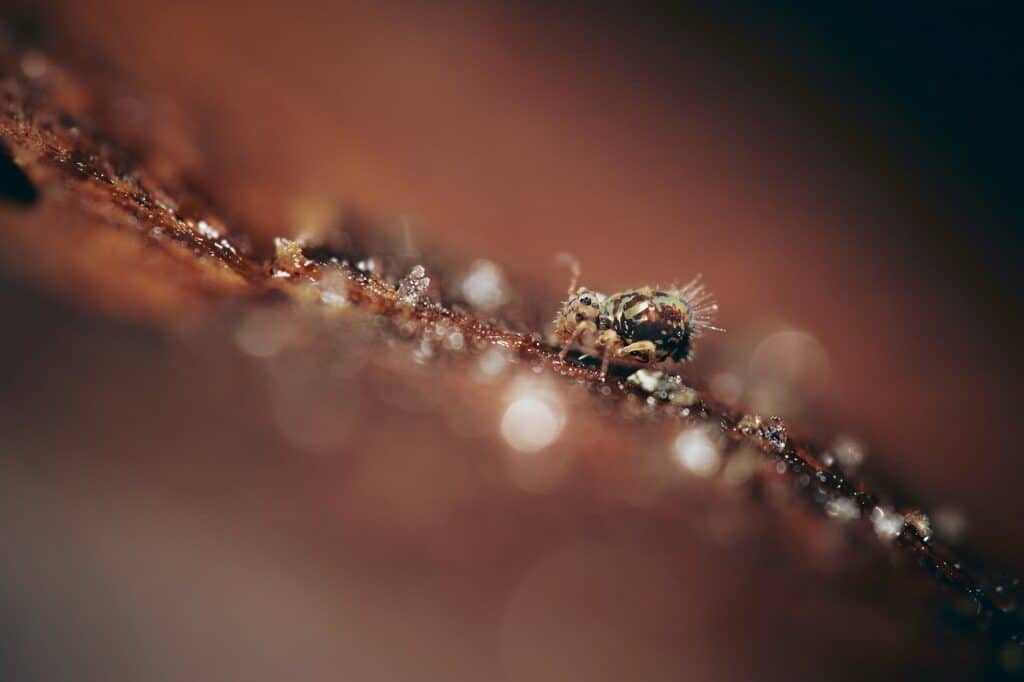
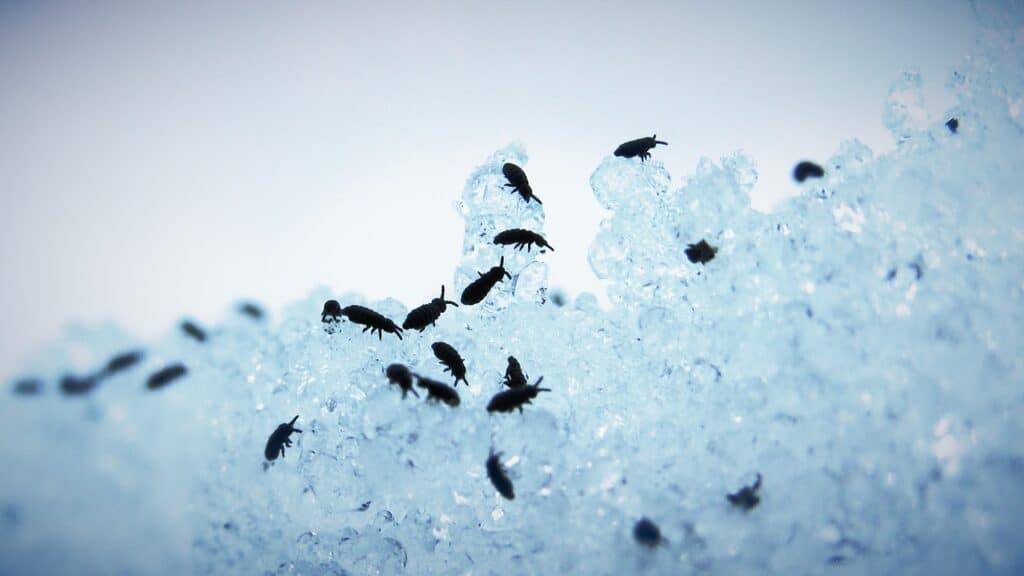
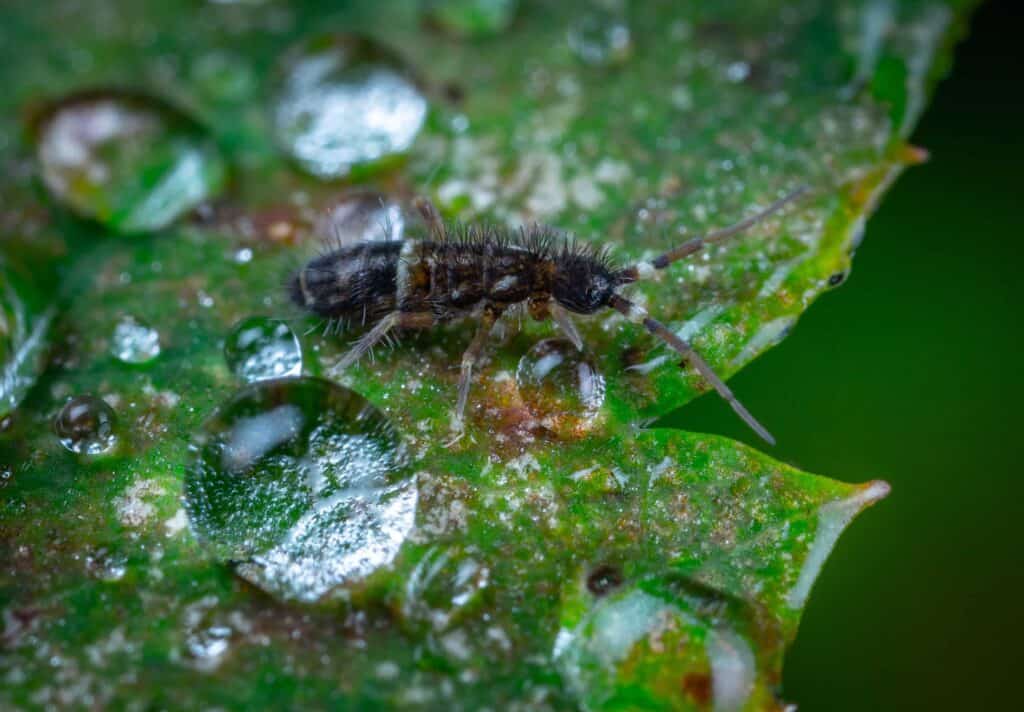
Read More
A knowledge of springtails enables a better understanding of our world – especially soil fauna. These tiny creatures are vitally important ecosystem engineers and are ubiquitous in soil and vegetation. You will spend the morning indoors looking at springtail families and species hints and tips, then during the afternoon you will be outside finding and identifying several common species using hand lenses in the field.
By the end of the course, you will:
- Have knowledge of how to identify several common species of springtail using a hand lens
- A good knowledge of springtail families and ecology
- Understand what further study is possible and what equipment is needed to pursue that
Who Should Attend? – Suitable for anyone including naturalists, ecologists, students, and others with an interest in the natural world.
Knowledge Level – Beginner. Level descriptors can be found on the following web-page: Framework and Course Level Descriptors
Prior Knowledge – No existing knowledge or experience is needed for this course, just a willingness to explore and learn.
PLEASE NOTE: There is no accommodation, refreshments, or meal facilities included in the course price. If we are unable to reach viable numbers for this course, we will inform you of the course cancellation 4-5 weeks prior to the course run. We would recommend when purchasing accommodation and/or travel you should take out your own insurance.
Bookings will close if course capacity is reached.
Please email [email protected] if you have any questions.
About the Tutor
Pete Boardman
Pete has a wealth of knowledge and experience identifying many different types of invertebrates, and has taught identification skills numerous times across the UK. He is well recognised for his work and knowledge surrounding cranefly identification and recording.
Pete first got into flies after volunteering with Liverpool Museum’s entomological department in the early 1990s, with support from Tom Mawdsley and Richard Underwood. He ‘discovered’ craneflies when he was county moth recorder for Shropshire and chose them as a dissertation subject for his MSc in the mid 2000s. Following this he committed to the group and immediately worked on a Shropshire distribution atlas (2007) and a second improved version with keys in 2016.
In 2018 he was awarded a Churchill Fellowship which enabled him to spend a month at the Smithsonian Institution collections in Washington DC studying the Charles Alexander collection. This enabled him to later name 23 new species to science from Cameroon.
Pete is currently national cranefly recorder for the Cranefly Recording Scheme supporting John Kramer and Alan Stubbs.
Example Timetable
Example Timetable
This timetable is subject to change but should give a clear outline of what to expect.
- Please arrive in time for the course to start promptly at 10:00am
- The course will end at 4:00pm
10:00 - 10:45 - Introduction to springtail families, ecology, their calendar, and the people who brought them to prominence
10:45 - 11:00 - Break - refreshments not provided
11:00 - 12:00 - Classroom session continued with topics above
12:00 - 1:00 - Lunch - not provided
1:00 - 3:30 - Field session
3:30 - 3:45 - Break - refreshments not provided
3:45 - 4:00 - Concluding remarks
Please note accommodation, refreshments, and an evening meal are not included in the course price.
What's Included
The course has been carefully created by expert tutors and educators to help you build your knowledge and apply it within the field surrounded by like-minded individuals.
The course includes:
- Classroom learning covering the theory of the species
- Field excursions to apply new knowledge
- Expert tuition for which the Field Studies Council is renowned
- Clear objectives and progression
You can rest assured that the absolute best content from an expert in environmental education will be provided. In choosing a Field Studies Council course, you will be joining thousands of people who learn with us each year.
Bursaries and Subsidies
Student Discount
This course is eligible for a student discount. If you are a current student, please use discount code BioStudent20 at checkout for 20% off all Biodiversity courses.
Natural History Bursaries
There are a number of natural history bursaries available to help with the cost of your course. To find out if you and your chosen course are eligible, read more here.
Before You Attend
What to Bring
- 10x hand lens - essential
- Sensible footwear and clothing for being outdoors - sturdy boots, coats etc.
- Something to sit on or kneel on for the outdoor session as the ground may be muddy / wet
- You will be looking through leaf litter - you may want to bring gloves
- Notebook and pencil
- Lunch and refreshments
Recommended Literature
There will be a member of staff with first aid training and access to a first aid kit on site. If you have special medical or access requirements, please let us know as soon as possible so we can plan the course.
Opportunities to attend this course
This course is not currently available to book. Dates will follow soon.
Sign up to our Email Newsletter
Progress Your Learning
This is a training course from the Field Studies Council, delivered by expert tutors with an approachable learning style. After attending this course, you may like to progress your learning with further relevant courses or branch out into other areas of natural history. The Field Studies Council offers both online and in person courses, so you can choose the learning style that suits you best.
The course gives you the opportunity to immerse yourself in a new subject and acquire novel skills. Our online portal gives you time to study at your own pace and fit the lessons around your own schedule.
If you have any questions about our courses please check our Frequently Asked Questions or email [email protected].
Group Bookings Made Easy
If you have a group of 10 or more individuals wanting to complete one of our courses, our team are available to discuss your options – from discounts to private team courses. Find out more!
You can rest assured that the absolute best content from an expert in environmental education will be at your fingertips. In choosing a Field Studies Council course, you will be joining thousands of people who learn with us each year.

